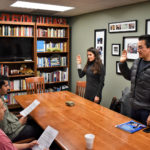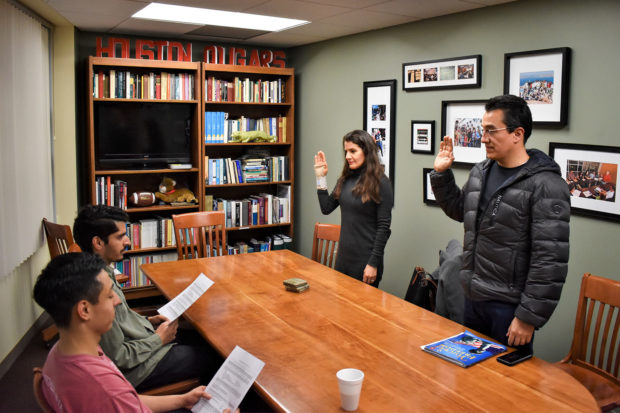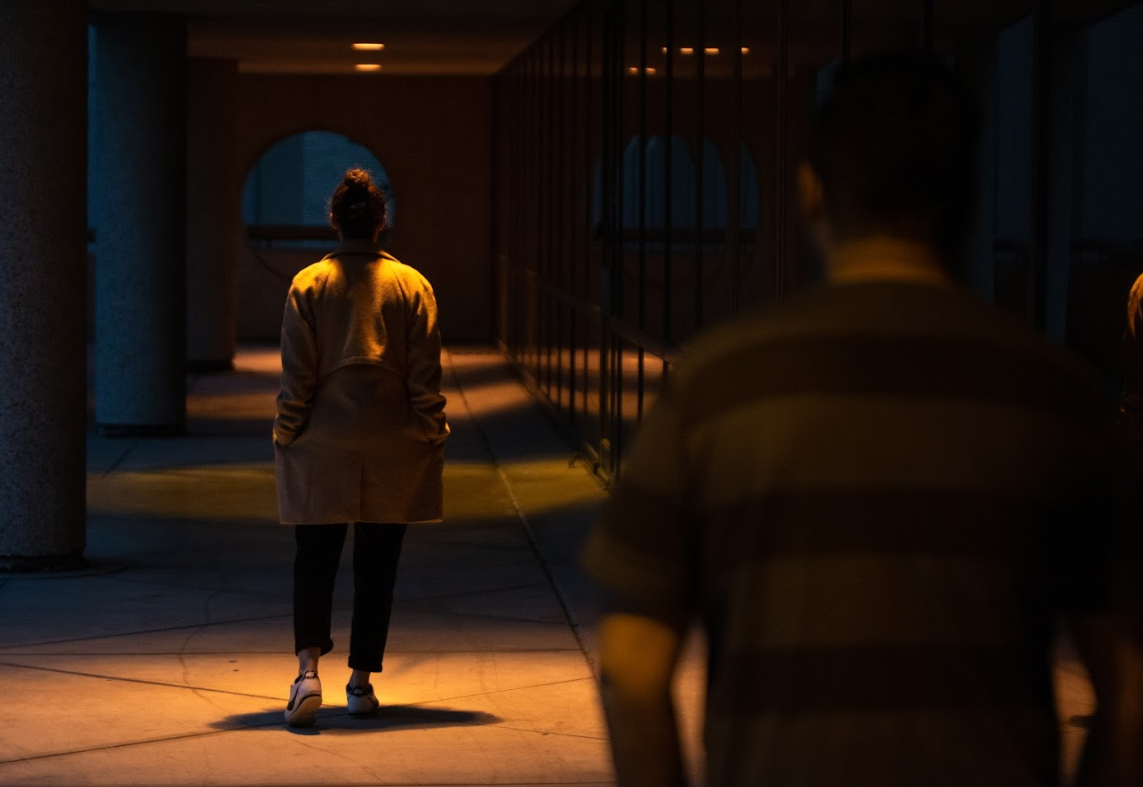

Assistant geology professor Jonny Wu plans to use the grant to further study plate tectonics, a theory he says impacts almost everything we know about the continents and climate. | Courtesy of UH Media Relations
A UH assistant professor of geology was awarded more than half a million dollars from the National Science Foundation CAREER Program for research into plate tectonics and how they shape current climate models.
Jonny Wu, whose research focuses on the reconstruction of plate tectonics, plans to use the grant to research the Panthalassa-Pacific realm, an oceanic region that covered 70 percent of the Earth in the time of Pangaea, and rebuild the plate back to the Mesozoic Era, he said. Current models only recreate the Earth in adequate detail to the Cretaceous period, which accounts for just 3 percent of our planet’s history, according to a research proposal by Wu.
“We’re trying to find vanished parts of the Earth. We don’t have to go very far back in time, just to the Cretaceous, to find out how much of the Earth has vanished,” Wu said.
The NSF grants CAREER awards to junior faculty members “in support of the early career-development activities of those teacher-scholars who most effectively integrate research and education within the context of the mission of their organization,” according to the NSF website.
Wu said plate tectonics is the grand unifying theory of geology, and the theory has changed everything we know about continents and our climate since its acceptance in the science community in the 20th century.
“Plate tectonics is a really important input in climate change and oceans and such,” Wu said. “What we’re trying to address is that plate models are not very well known for a large part of Earth, especially parts where plates are converging against each other and one is disappearing into the Earth.”
This process, which is called subduction, does not completely erase the plate. Traces can be found of old plates that retained their shape even after sinking into the Earth’s mantle, Wu said.
Wu said this subduction can then be reversed using a technique known as seismic tomography, which is somewhat similar to a doctor using a CT scan to see inside of a patient.
“We want to try and find traces of old plates. We ‘unsubduct’ the plate and pull it up from the Earth to study it in models,” he said.
Wu was also one of the authors of a recent paper from UH geologists that reconstructed the Nazca ocean plate to discover the history of the Andes Mountains in South America when he joined the geology department in 2016 as part of their Center for Tectonics and Tomography.
In the realm of education, Wu started a seminar series in fall 2018 at the Energy Institute High School, a STEM-oriented program for high school students that explores the topic of energy careers.
“The link between what I’m doing and energy is we’re using the petroleum software that maps out reservoirs of oil,” Wu said.
Wu said he also wants to teach his undergrad students spatial mapping, a skill he finds to be neglected in education but one that is vital to geology.
“It’s a skill all geo-scientists develop to map out the Earth,” Wu said. “This skill is very important and often under-instructed. If you intentionally try to teach it, it’s a learnable skill.”
Wu has developed a few exercises to teach his students how to imagine three-dimensional shapes from two-dimensional images. One simple lesson involves slicing a fruit at different angles, taking a picture and then recreating that fruit from the 2D image. He’s also utilized Google Maps layouts to help teach seismic tomography.
“The idea is to do the same with the plates as with the fruit, to take a slice of a plate and recreate it. We’re trying to pilot these methods and getting feedback from the students,” Wu said.
news@thedailycougar.com
—
“Geology professor wins award for tectonic research” was originally posted on The Daily Cougar















